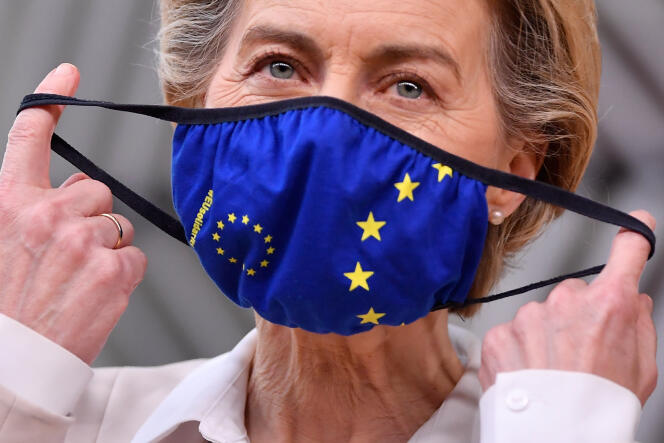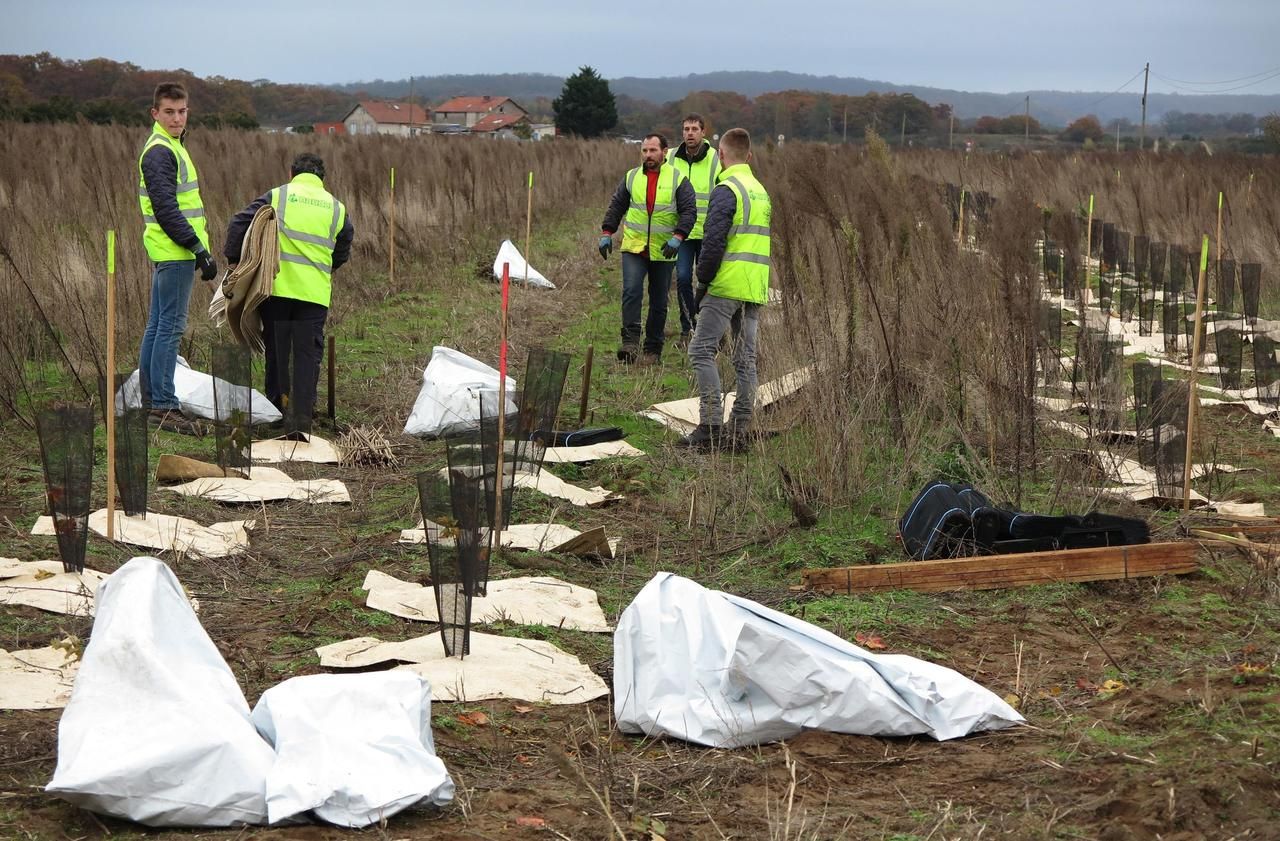
” The day d’after will not look like at day d’before “, he promises, his hand on his heart. That day, March 31, Emmanuel Macron visited the employees of the Kolmi-Hopen factory, producing masks in Saint-Barthélemy-d’Anjou (Maine-et-Loire), near Angers. As the first wave of the Covid-19 pandemic hits Europe, some member countries are stunned to find themselves running out of masks, drugs and medical equipment, largely made in Asia. To respond to the concerns of the French, the Head of State then commits: the fight against the virus will also be that of relocations. “Our priority is to produce more on national soil to reduce our dependence, he hammers. NWe must rebuild our national sovereignty and European. »
In the automotive industry, IT or bicycle manufacturing, French or German factories quickly face the same problem: because borders are closing to stem the spread of the coronavirus, certain parts essential for production are blocked in the Empire of the Middle. “The pandemic has accelerated awareness at work for several years: that of our too great dependence on China”, summarizes Chloé Ridel, deputy director of the Rousseau Institute, a left-wing think tank. Supply chains, globalized to the extreme in recent decades for cost reasons, suddenly appear as the weak link in Europe.
Little more was needed to relaunch the debate on relocations, recurrent in France, and the need for a “Europe that protects”. Does this do enough against competition from low-cost countries? Is it defending itself sufficiently against the Chinese giant? Did she go too far into the opening? Perhaps. It must be said that the European Union (EU) has been, from its inception, one of the great promoters of free trade. “It’s even in his DNA”, recalls Sébastien Jean, trade specialist and director of the Center for Prospective Studies and International Information (Cepii). In the post-war period, it is to make “Materially impossible” the conflicts between them that the founding countries built a common market without customs duties, first for coal and steel, before expanding it. Then to defend the same values on the outside.
“The EU has a significant trade surplus”
You have 78.06% of this article left to read. The rest is for subscribers only.
–


